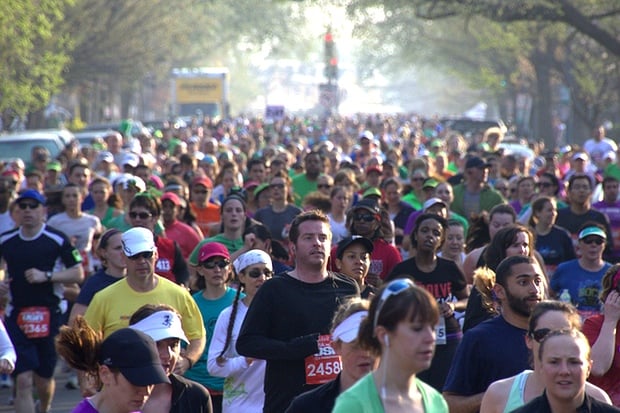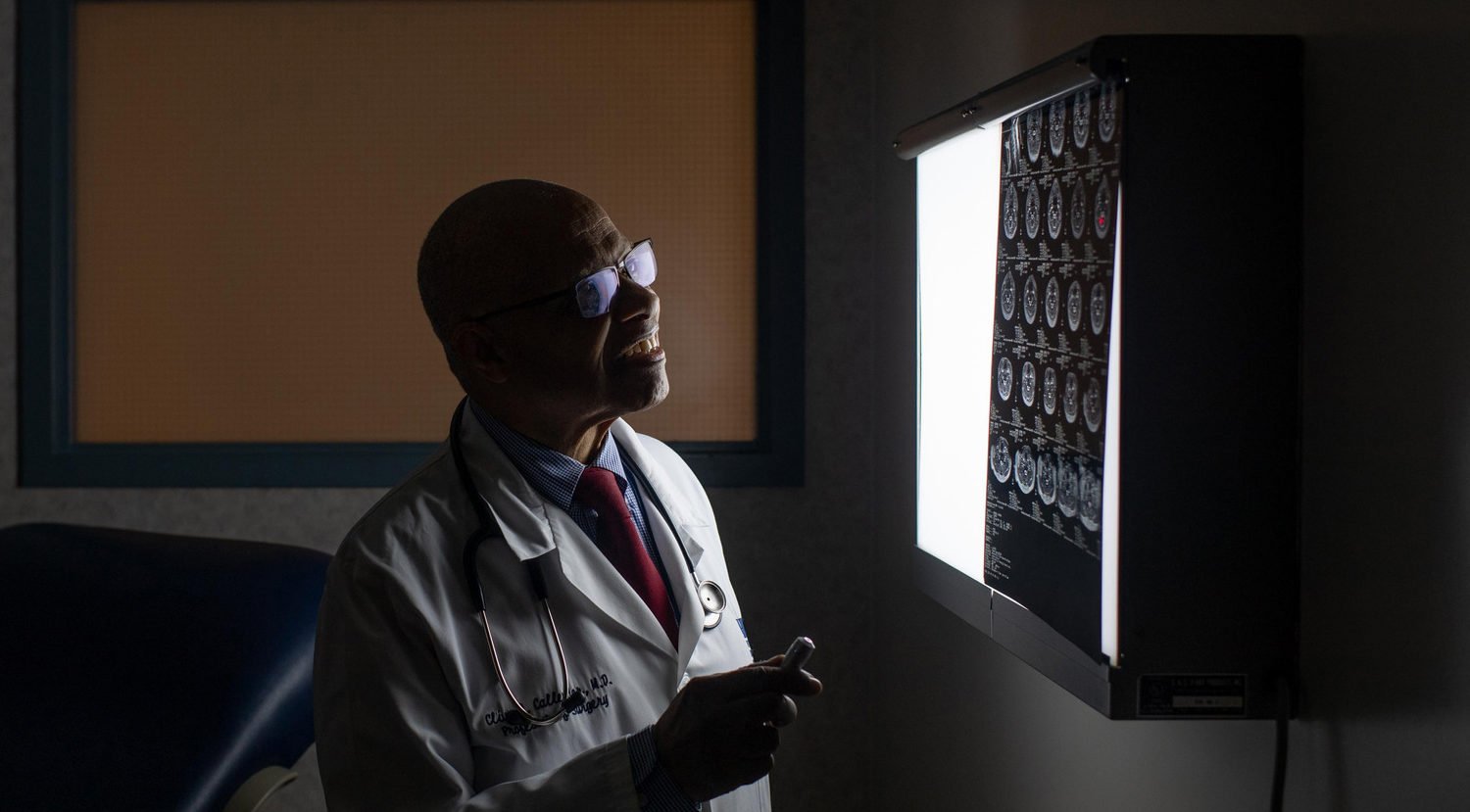In the past decade, the number of marathon runners has almost doubled, but so have fears of dropping dead at the finish line.
But here’s the good news: There is recent statistical proof that a runner’s risk of dying during or after a marathon is extremely low—about 0.75 per 100,000, to be exact.
After analyzing approximately 300 marathons per year from 2000 to 2009, researchers at John Hopkins University found that out of 3,718,366 runners, 28 people died during or within 24 hours of completing a marathon. Men were twice as likely to die as women.
Fifty percent of those who died were over the age of 45, and all but one in this age group died of heart disease. Younger runners died from various causes, including cardiac arrest and hyponatremia, which occurs when one drinks too much water.
The John Hopkins research is not the only study to demonstrate the low risk of marathon deaths. A 1996 study published in the Journal of the American College of Cardiology found that over a 30-year period, the Marine Corps Marathon and the Twin Cities Marathon experienced a .002 percent occurrence of sudden cardiac death during a race.
Since 2000, the number of marathon runners has increased from 299,018 to 473,354, researchers noted. That said, the mortality rate of .75 per 100,000 has remained steady in the past decade, despite the surge of participants.
After any death is reported at a marathon—two people recently died during last year’s Philadelphia marathon and half—the debate opens on whether running a marathon is safe. But most physicians and research agrees that overall, running is extremely beneficial to one’s physical and mental health, and the rare deaths shouldn’t keep one from exercising.
“There are clearly many health benefits associated with running,” said the study’s leader, Julius Cuong Pham. “It doesn’t make you immune, but your risk of dying from a marathon is very, very low.”
The full study is available on the American Journal of Sports Medicine’s website.












